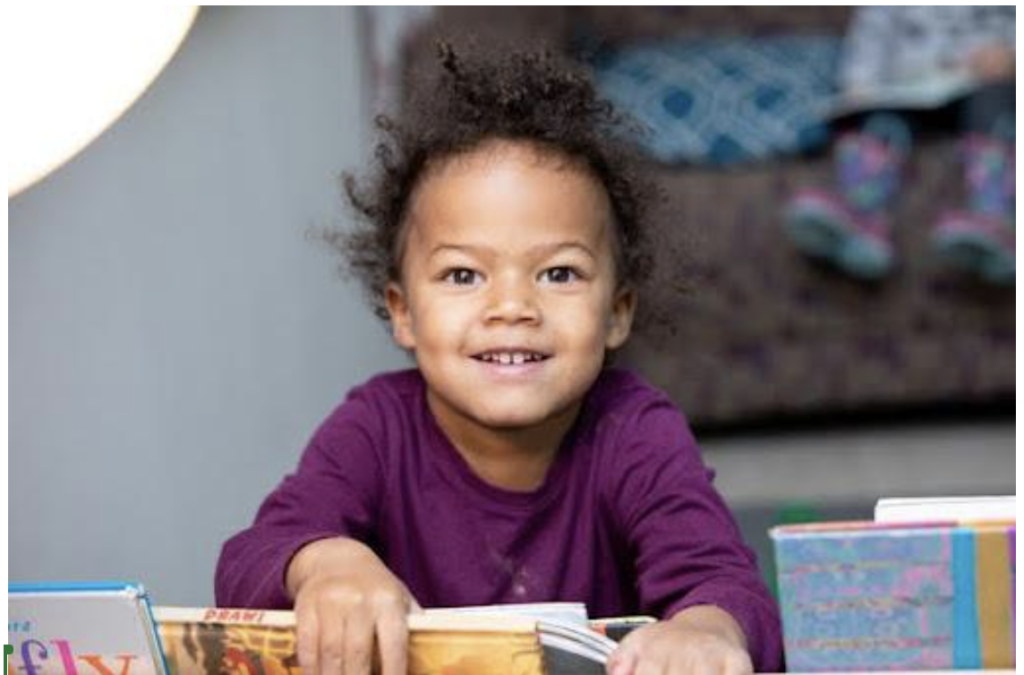
Parenting is a journey filled with questions and uncertainties, especially when it comes to the mental health of our children. One common concern you might have is distinguishing between typical childhood behaviors and signs that might indicate a mental health issue. You might find yourself asking, “Is this just a stage, or is there something more going on?”
Understanding Developmental Stages
Children go through various developmental stages, each with its own set of behaviors and challenges. For instance, toddlers often experience separation anxiety, while adolescents may exhibit moodiness as they navigate the complexities of puberty. It’s important to recognize that certain behaviors are normal for specific age groups. However, when these behaviors persist beyond the typical age range or become severe, it could be a sign of an underlying mental health concern.
When to Seek Help
If you notice any of the following in your child, it may be time to seek professional advice:
- Extreme Changes in Behavior: Sudden shifts in mood, sleep patterns, or eating habits that are out of character for your child could be a red flag.
- Intense Emotions: While all children experience a wide range of emotions, intense feelings of sadness, worry, or anger that interfere with daily activities could indicate a problem.
- Difficulty with Transitions: Some resistance to change is normal, but excessive difficulty with transitions or new situations might be a cause for concern.
- Social Withdrawal: If your child is avoiding social interactions or losing interest in previously enjoyed activities, this could be a sign of a deeper issue.
Supporting Your Child
Here are some ways you can support your child’s mental health:
- Open Communication: Encourage your child to express their feelings and listen without judgment. This can help you understand what they’re going through and provide appropriate support.
- Consistent Routines: Establishing a predictable routine can provide a sense of security and help manage stress.
- Model Healthy Coping Strategies: Show your child healthy ways to deal with emotions, such as deep breathing, exercise, or talking about feelings.
- Seek Professional Guidance: If you’re concerned about your child’s mental health, don’t hesitate to reach out to a mental health professional. Early intervention can make a significant difference.
Conclusion
Determining whether a child’s behavior is just a stage or a sign of a mental health issue can be challenging. By staying informed about developmental milestones, being attentive to your child’s behavior, and seeking professional help when needed, you can ensure that your child receives the support they need to thrive. Remember, you’re not alone in this journey, and there are resources available to help you and your child navigate mental health challenges together.
If you have any questions or would like to learn more about children’s mental health, please feel free to reach out to us at Butterfly Beginnings Counseling. We’re here to support you and your family every step of the way.
